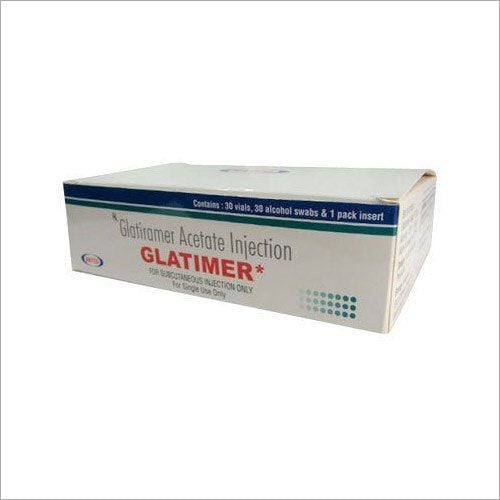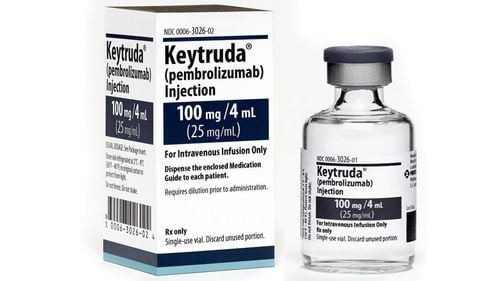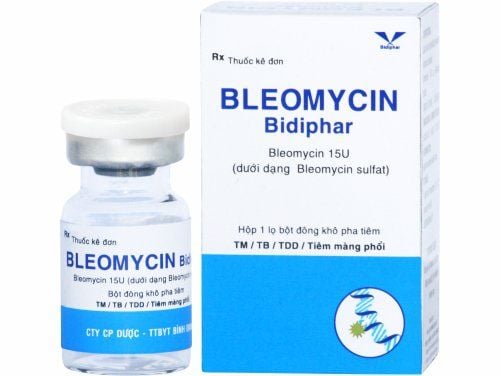This is an automatically translated article.
This article was written by doctors of Internal Medicine Oncology, Vinmec Times City International General Hospital.According to a study published in Lancet Oncology, the combination of ramucirumab and pembrolizumab showed good tolerability in phase I trials for several malignancies such as gastric adenocarcinoma and gastric junction cancer. Esophageal.
1. Combination of anti-VEGFR-2 drug with immunosuppressant pembrolizumab
“The mechanism of resistance to immunosuppressants is multifactorial and may include the absence of PD-L1, or an effect,” said Dr. Roy S. Herbst of the Yale School of Medicine in New Haven, Connecticut. inhibition in the tumor microenvironment, or both. Targeted therapies against vascular endothelial growth factor (VEGF) or VEGF-2 receptor (VEGFR-2) may increase the migration of T cells to the tumor and decrease immunosuppressive cytokines and immunoregulatory T cells. The new study combined an anti-VEGFR-2 drug called ramucirumab with the immunosuppressant pembrolizumab (Keytruda). This study included a total of 92 patients, including 41 patients with gastric cancer or gastric adenocarcinoma, 27 patients with non-small cell lung cancer and 24 patients with gastric adenocarcinoma. urothelial carcinoma. The patients were treated at 16 medical centers in five countries.All patients who progressed to a previous step (including a subset of previously untreated patients, will be reported separately). Eleven patients were treated in phase 1a with dose-limiting toxicity; One patient experienced significant toxicity and died on day 40 during treatment, but this patient was still considered progressive. The maximum dose of pembrolizumab is 200 mg administered on day 1 of a 21-day cycle and ramucirumab is 8 mg/kg administered on days 1 and 8 for patients with gastric cancer, adenocarcinoma of the gastroesophageal junction. also used for part of phase 1b.

Cách kết hợp thuốc phù hợp trong điều trị ung thư dạ dày
For patients with gastric cancer or adenocarcinoma of the gastroesophageal junction, three out of 41 patients (7%) had a confirmed response. A total of 21 patients (57%) had a reduction in lesion size. PD-L1-positive patients (22 patients) appeared to outperform PD-L1-negative patients, with a median survival of 12.6 months versus 5.2 months, although although this issue is not the goal of statistical comparison. Response rates were seen in 30% of non-small cell lung cancer patients and 13% of urothelial carcinoma patients.
See also: Keytruda immunotherapy - A new step in the treatment of esophageal cancer
2. New drug combination holds great promise
The authors concluded, “The combination of ramucirumab with pembrolizumab could be explored in prospective trials with or without chemotherapy, particularly in tumors for which immunosuppressive agents are used alone. treatment has failed to show any benefit over chemotherapy.”Samuel J. Klempner, of Massachusetts General Hospital Cancer Center in Boston, and Zev A. Weinberg, University of California, Los Angeles argue that precision immunotherapy requires a good understanding of Molecular Biology of the patient. And they say the randomized trial is to determine the real role each drug is playing in tackling the lingering cancer issues.
Although this is only the result of preliminary research, it is also very promising for those unfortunate enough to have this disease.
Please dial HOTLINE for more information or register for an appointment HERE. Download MyVinmec app to make appointments faster and to manage your bookings easily.
Reference source: Cancernetwork












